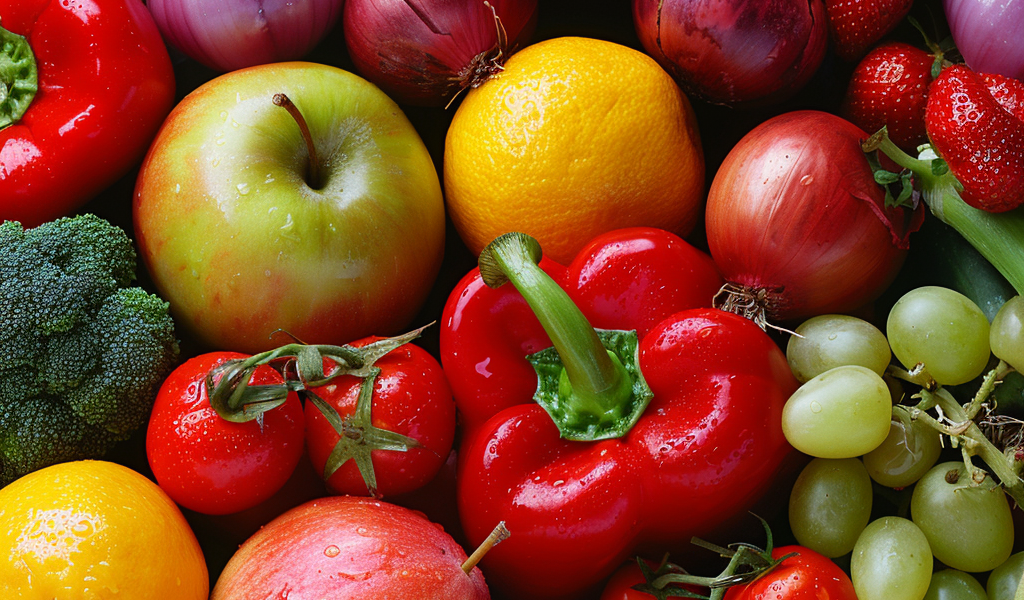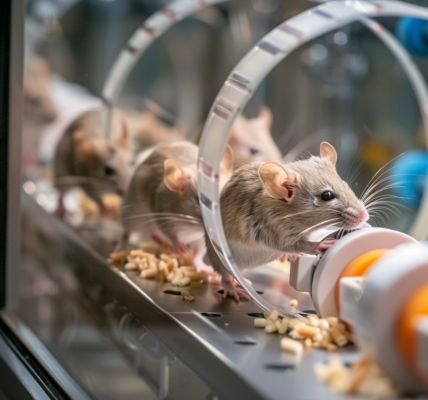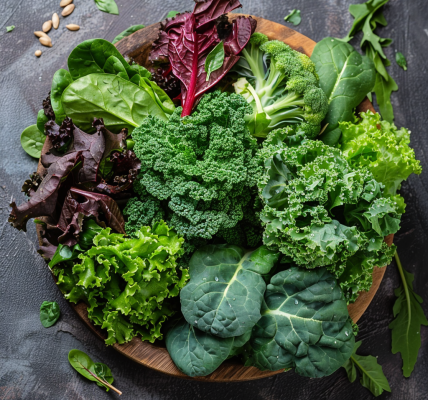Consuming flavonol, a naturally occurring chemical compound in fruits and vegetables, has been linked to various health benefits, including a lower risk of mortality from conditions such as cancer and cardiovascular disease. A recent study has revealed that higher consumption of flavonol is associated with a decreased risk of death from these ailments. Experts emphasize the importance of including a diverse range of fruits and vegetables in one’s diet to ensure an adequate intake of flavonol.
Flavonols, which are present in a wide array of colorful fruits and vegetables, offer numerous health advantages, including positive outcomes for cancer, cardiovascular disease, and more. These chemical compounds, possessing antioxidant properties, can be found in foods such as onions, apples, tomatoes, and coffee, and are part of the broader category of naturally occurring chemicals known as flavonoids, commonly consumed in plant-derived food and beverages.
Scientific research has long established the association between flavonoids and health benefits, with some flavonols, like quercetin, even available as dietary supplements due to their purported positive effects. The results of a comprehensive population study involving nearly 12,000 US adults have further reinforced the extensive impact of flavonol on health. The study revealed that individuals with higher flavonol consumption experienced a reduced risk of mortality from various conditions, underscoring the significant role of flavonol in promoting overall well-being.





